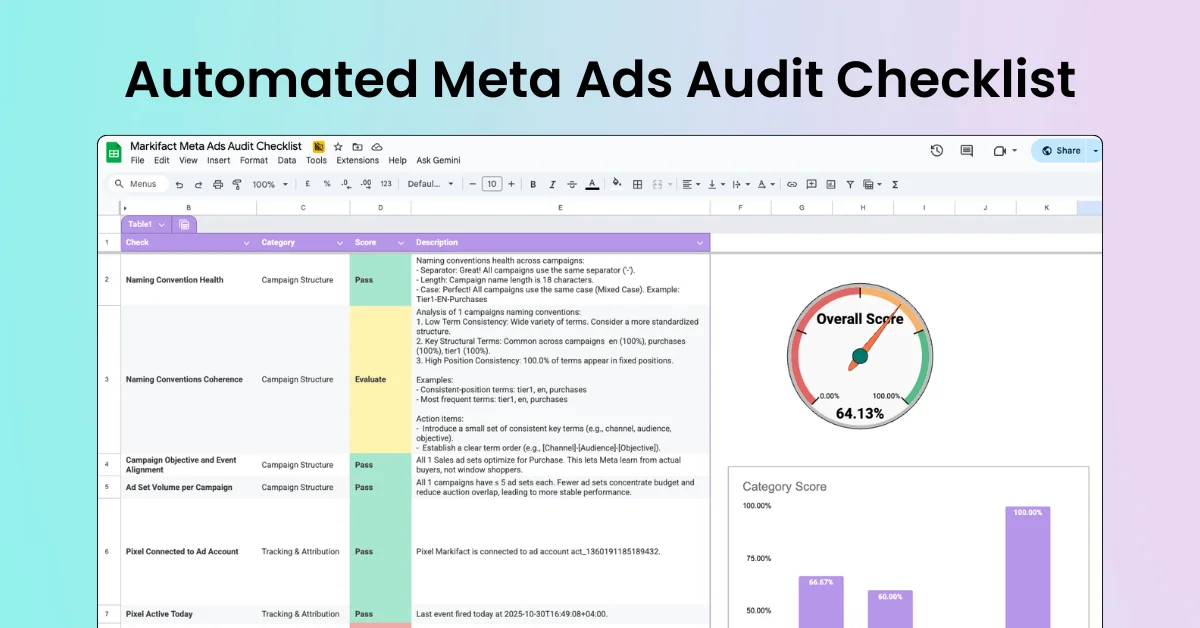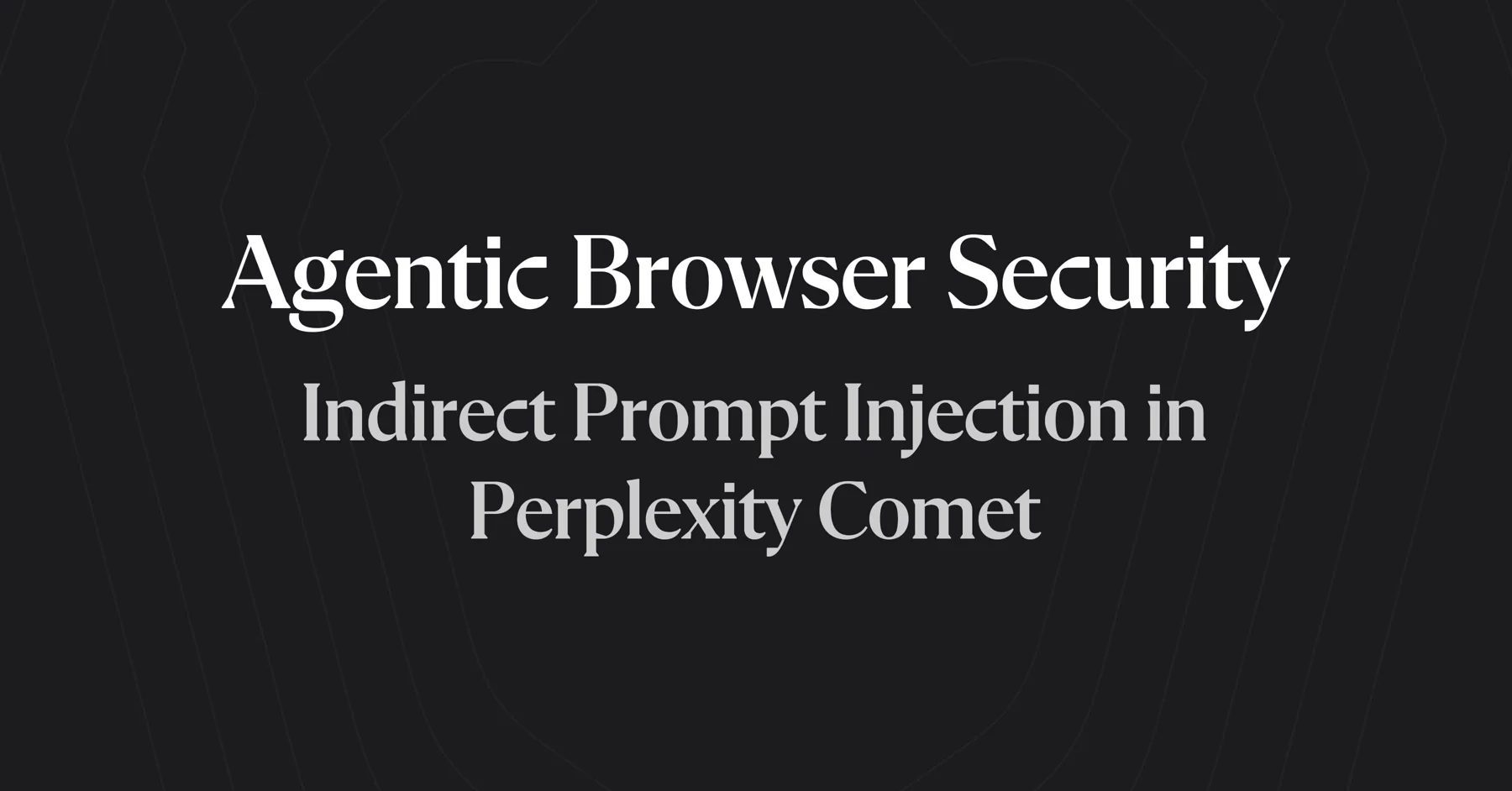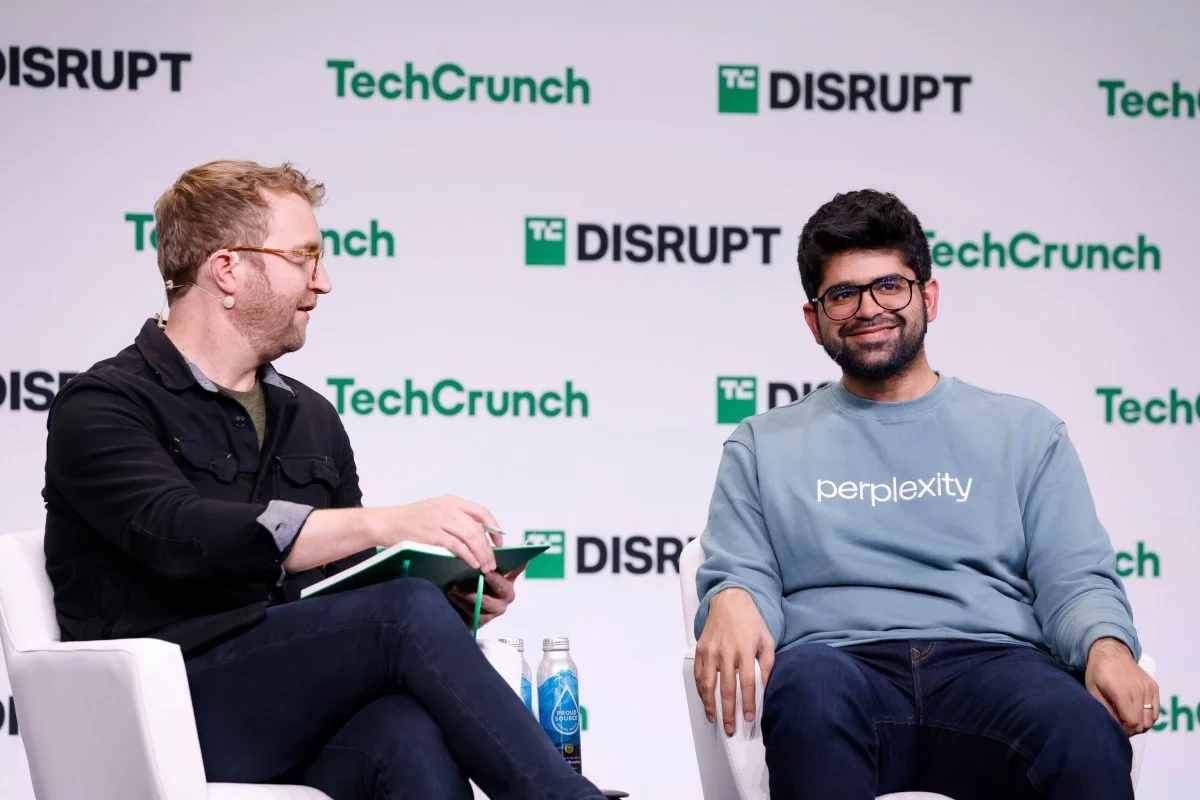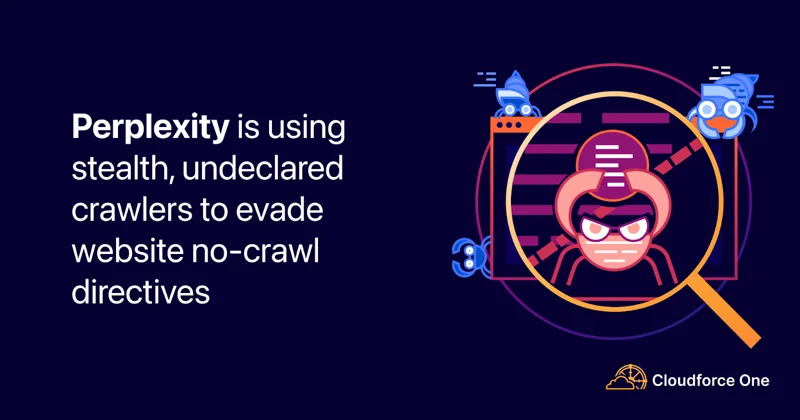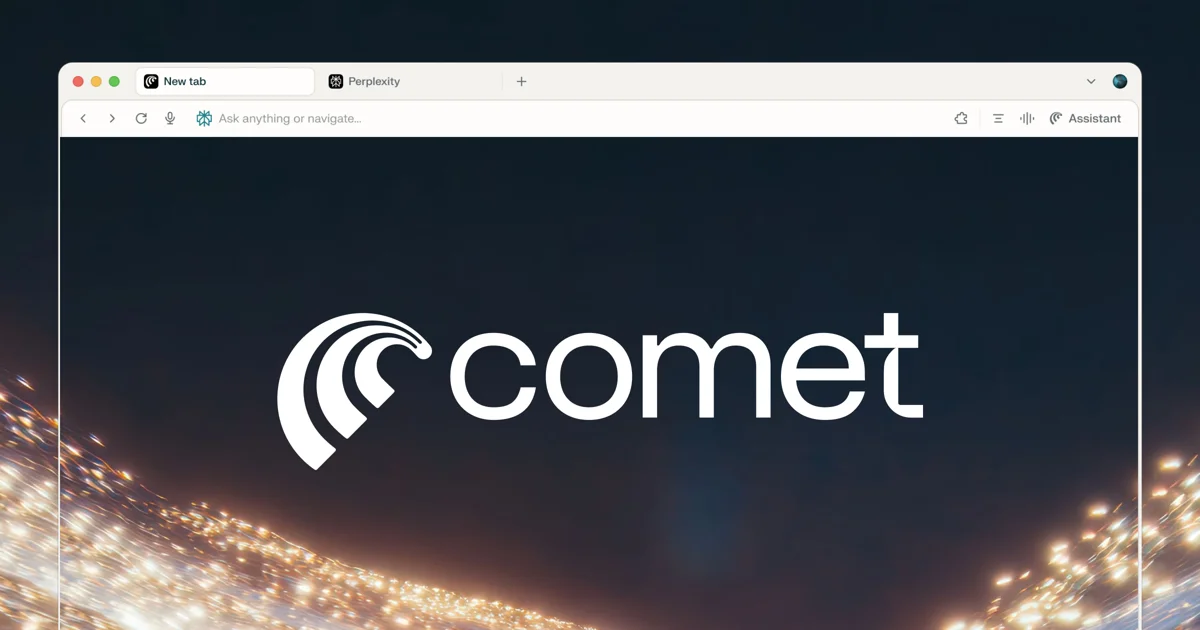Perplexity AI plans to share advertising revenue with news publishers when its chatbot uses their content in response to user queries. This initiative aims to address accusations of plagiarism and unethical web scraping. Dmitry Shevelenko, Perplexity’s head of business, stated that the program was being explored before these accusations arose, emphasizing the need for accurate information from journalists.
Publisher Program
Perplexity's first batch of publishing partners includes:
- Automattic
- Der Spiegel
- Entrepreneur
- Fortune
- The Texas Tribune
- TIME
These partners will receive access to Perplexity’s APIs and developer support to create custom answer engines on their sites. They will also get access to Perplexity’s Enterprise Pro offering, which includes enhanced data privacy and security capabilities.
Perplexity will start displaying ads on its platform in the coming months, targeting relevant brands across various categories. The revenue generated from these ads will be shared with the publishers whose content is used to answer user queries. Although specific details of the ad-revenue share were not disclosed, it is expected to be in the "double-digit" percentage points.
Industry Context
Other media outlets, such as The Atlantic, News Corp, The Financial Times, DotDash Meredith, Axel Springer, and Vox Media, have signed licensing and product deals with OpenAI, despite criticisms from their journalists about content theft for AI training.
Michael Frazier, VP of data and operations at Entrepreneur Media, highlighted the importance of meeting users where they are, noting that Perplexity’s APIs will help create more interactive tools for users. Perplexity collaborates with ScalePost.ai to provide AI analytics for publishers, offering insights into user intent and behavior.
Addressing AI Hallucinations
Frazier acknowledged concerns about AI hallucinations but believes Perplexity is taking steps to minimize them. Perplexity assured that publishers in its program would not receive preferential treatment for search queries, focusing instead on ad revenue share and API access.
Despite the trend of collaboration, some publishers like The New York Times, Raw Story, AlterNet, and The Intercept have sued OpenAI for using copyrighted works without proper credit. Condé Nast and Forbes have sent cease and desist letters to Perplexity, accusing it of unauthorized use of their content. Perplexity has not complied with these demands and instead invites these publishers to join its program.


